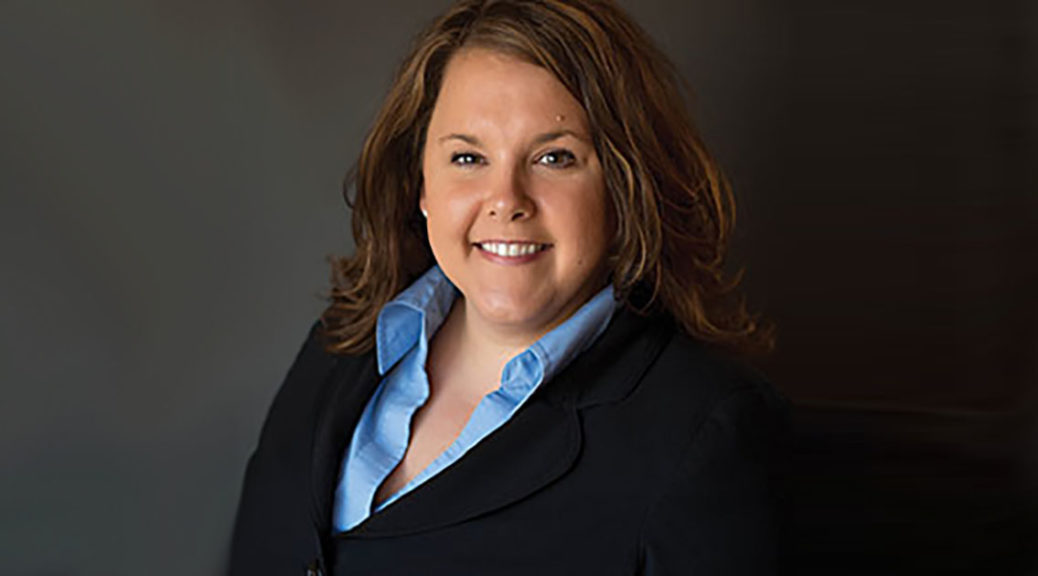An Interview with Jodie Austin, President of KVC Nebraska

In addition to being the largest child placing agency in the state, KVC Nebraska strives to be the best by providing excellent care and services to children, teens and families. Last year, KVC Nebraska:
- served 710 clients with in-home services, strengthening families and preventing the removal of children from their homes or reunifying children who have been removed from the home
- supported 1,000 young people being cared for by compassionate foster families
- helped match 58 children and teens with adoptive families
We’re always improving our services and looking to add more services where we can help more people. We recently sat down with Jodie Austin, President of KVC Nebraska, to discuss how the organization is looking to help more children and families across the state.
What are some challenges you are seeing within child welfare and how are you overcoming these challenges?
Jodie Austin: The number of children in foster care is growing across the country despite all of our advances in technology, innovation and research. Even more troubling is that disparity in child welfare is rampant. We know and understand the potential impact of Adverse Childhood Experiences for our population, yet we seem to move so slowly with new interventions or strategies which could foster better outcomes. Removing children from their families until they can safely return home is not the most effective approach; prevention is. Not only can prevention help entire populations grow healthy and strong and prevent chronic disease, it can also help build resilience and protect children from effects of trauma they may inevitably face.
“Removing children from their families until they can safely return home is not the most effective approach; prevention is.”
Often, children and teens who are in foster care have experienced trauma. How is KVC Nebraska helping children overcome trauma?
Austin: Building resilience and promoting healthy brain development is an exciting and effective approach to prevention. It allows intervention to occur organically and in times of family cohesiveness which increases the likelihood of success. Ongoing positive interactions can build resilience and improve the well-being of all people.
One way KVC Nebraska is helping children and their families overcome adversity is by teaching Emotion Regulation, Body Regulation, Executive Thinking Skills, Interpersonal Skills and utilization of Safe Resources through the use of technology.
As KVC moves forward, what is your vision for KVC Nebraska in the future?
Austin: The vision for KVC Nebraska in the future is to be the leader in advancing technology innovation to help promote the prevention of adverse childhood experiences which could lead to traumatization. This work will help transform the work of child welfare into whole population health. KVC will lead by our highly held value, People Matter.
There is a huge need to help these children and teens that you see every day. How do can people best help children and teens in Nebraska?
Austin: If people want to best help children and teens in Nebraska, one of the best things they can do is take care of their neighbors. Be curious about what is going on rather than ascribing intent or assuming the worst. If people want to do more, volunteering is a great way to get involved. There is a need for everything from becoming a foster parent to donating money or providing time helping KVC achieve its mission.
Visit our Foster Care page to learn more about how you can help children and teens in crisis.
